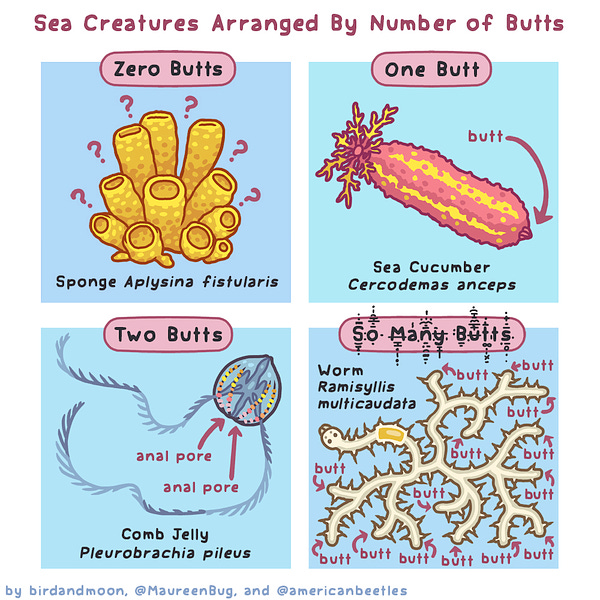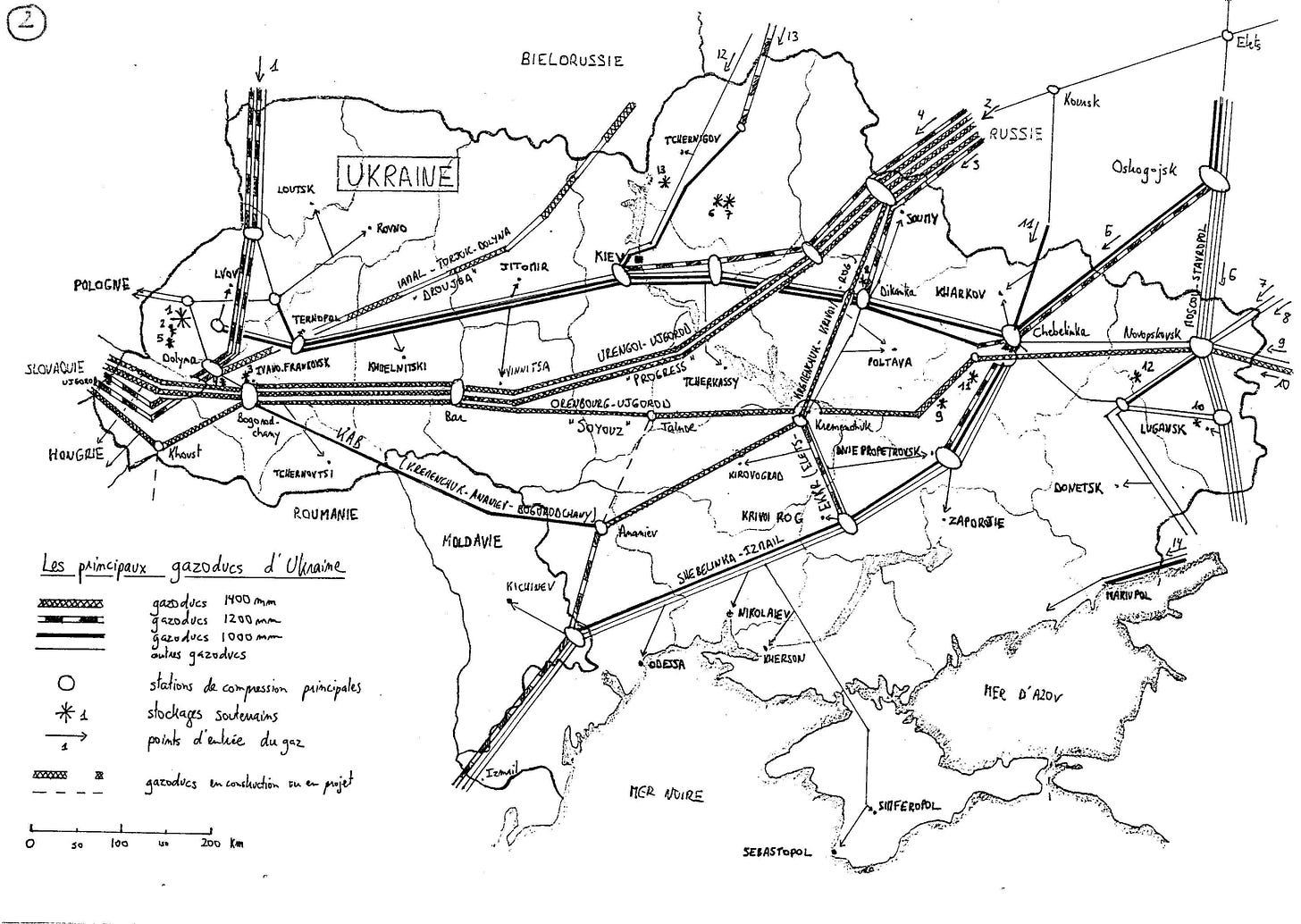This is the time of tension between dying and birth
Burn pits, Ukrainian gas politics, Greg Casar wins
PRESENTED BY THE BEAUTIFUL BUTTS OF THE SEA
President Biden’s State of the Union address was passionately delivered. Although the climate-policy elements were deliberately uninspiring, Biden’s most compelling moment to me came when he talked about the ravages to soldiers of exposure to toxic burn pits, including his son Beau Biden, who died of brain cancer at the age of 46.
This is a question of environmental justice: For decades, industry has worked to cripple our nation’s regulatory apparatus to identify and prevent toxic pollution—a crucial goal particularly for the highly toxic fossil-fuel and petrochemical industry. The “cheapness” of coal, gas, and oil relies on ignoring not only the costs of climate change but also the harms of their toxic byproducts.
The House will be voting next week on legislation to presumptively approve veterans’ disability benefits for cancers thought to be caused by airborne chemicals. The Senate bill is significantly weaker and passage of strong legislation is still an open question.
If we can protect soldiers and firefighters from toxic pollution, maybe we can do so for everybody. And that is a big reason why the fight for this legislation has been so hard.
The vanished power of the usual reign: Renewable-energy financier Jérôme Guillet, better known in the ‘00s blogosphere as Jérôme à Paris, wrote his PhD dissertation on the independence of Ukraine. Check out that map! So, unlike myself and thousands of other Internet pundits and journalists “explaining” the energy politics of the Ukraine war, Jérôme is very worth reading. Here’s a brief excerpt from his lucid primer on the complex history of Ukrgazprom and how gas has deeply entangled Ukraine and Russia from the start of the fossil-fuel age:
Gas has polluted the domestic politics of Ukraine for many years, and undermined its ability to stand up as an independent country. Instead, it has been weakened by internal and international rivalries, with heavy Russian participation, for the control of the domestic gas revenues. These rivalries lead to years of political instability and were then turned opportunistically into a Russia-vs-West fight that prevented Ukraine from achieving any form of sustainable political and economic stability, and have made it a diplomatic and military battlefield.
I can’t recommend reading Jérôme’s full essay highly enough.


Redeem the time, redeem the dream: The Lone Star State’s primary yesterday was a good one for Green New Dealers running for Congress, with Sunrise-backed Greg Casar winning in the 35th, and Jessica Cisneros headed to a May 24th runoff against incumbent Henry Cuellar.
Spirit of the river, spirit of the sea: At noon today, the House Science Committee is holding a hearing on what they are calling “nature-based infrastructure” — in particular, recognizing the value of coastal and littoral ecosystems instead of the traditional dam-levee-canal-divert engineering approach, which is failing catastrophically as climate change accelerates. And Secretary of Transportation Pete Buttigieg is testifying before the Senate now.
Sovegna vos: FERC supports the long-contested removal of the Klamath River Dam. The Biden administration won’t contest a judge’s ruling that voided its Gulf of Mexico drilling lease sale. ExxonMobil is “beginning the process to discontinue operations and developing steps to exit the Sakhalin-1 venture,” that is, it’s sorta leaving Russia, as slowly as possible, fingers crossed behind their backs. Nuclear plants aren’t designed for war zones.
California had its driest January and February in recorded history, ensuring another dreadful year of deadly wildfires and drought as the state continues on its path of fossil-fueled desertification.
Earther and the rest of Gizmodo is on strike; Molly Taft offers this apology:

JERBS: The recently unionized Wirecutter is seeking a sustainability lead editor to “cut through marketing jargon” and “expertly parse research to address questions readers have about the environmental impact of their purchases” ($75.6K minimum). Rupert Murdoch’s Wall Street Journal is hiring a science reporter (salary not listed).

Hearings on the Hill:
10 AM: Senate Agriculture, Nutrition and Forestry
Nominations of Christy Goldsmith Romero, Kristin Johnson, Summer Kristine Mersinger, and Caroline Pham, all to be a Commissioner of the Commodity Futures Trading Commission10 AM: Senate Environment and Public Works
Implementation of the Infrastructure Investment and Jobs Act by the U.S. Department of Transportation12 PM: House Science, Space, and Technology
From Gray to Green: Advancing the Science of Nature-Based Infrastructure
Thanks so much for reading, paid subscriptions keep this going and available to everyone, if you haven’t already, consider chipping in.—@climatebrad




